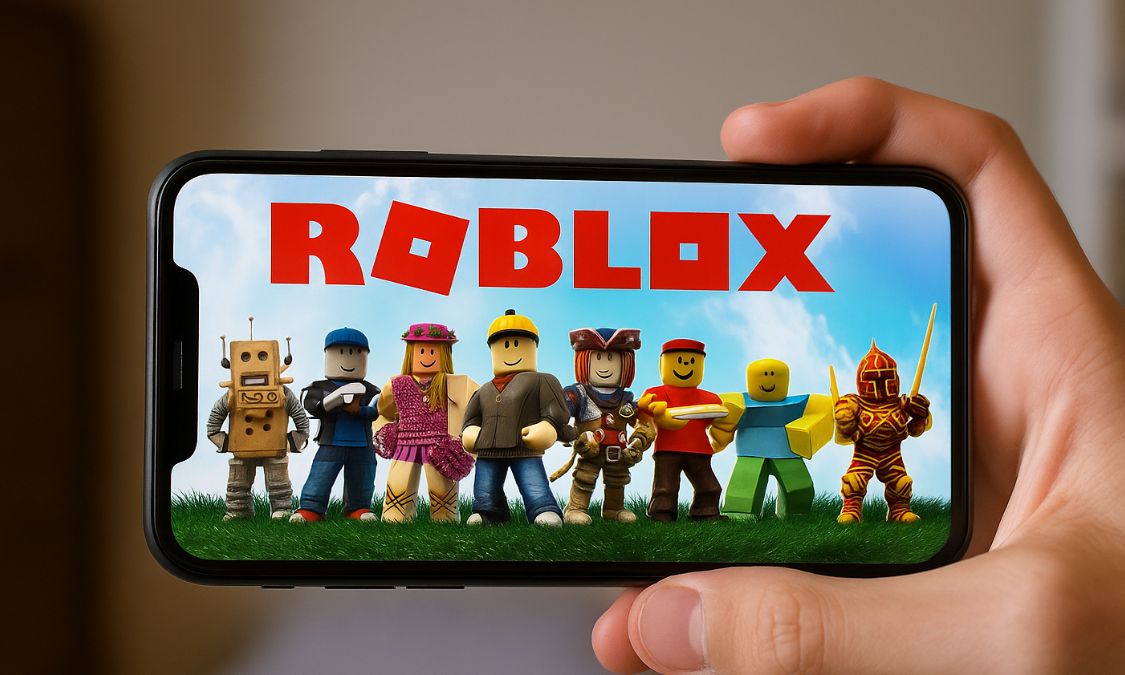Tendências
WhatsApp, Telegram ou Signal: Qual é o melhor para sua privacidade?
Advertisement
WhatsApp, Telegram ou Signal? Qual respeita mais sua privacidade?
O uso de aplicativos de mensagens instantâneas tem crescido de forma exponencial no Brasil. A discussão sobre a privacidade dessas plataformas se tornou um tema central na escolha do aplicativo mais adequado.
Com a popularidade de WhatsApp, Telegram e Signal, os usuários se questionam sobre qual desses serviços realmente protege suas informações pessoais. Este artigo desvenda as características de cada aplicativo em relação à privacidade.
As preocupações com a privacidade e segurança da comunicação digital são fundamentais. Vamos analisar as diferenças entre esses aplicativos e entender qual deles oferece mais proteção aos usuários.
WhatsApp: A escolha popular
WhatsApp é, sem dúvida, um dos aplicativos de mensagens mais utilizados no Brasil. Sua popularidade é resultado da facilidade de uso e integração com contatos.
No entanto, a questão da privacidade no WhatsApp é complexa. Embora tenha implementado criptografia de ponta a ponta, as políticas de coleta de dados são frequentemente criticadas.
O Facebook, empresa mãe do WhatsApp, tem uma reputação controversa em termos de privacidade. Dados dos usuários são muitas vezes compartilhados com outras propriedades da empresa.
Além disso, o aplicativo recentemente enfrentou críticas relacionadas ao seu compartilhamento de dados com a Meta. Isso trouxe incerteza sobre a privacidade de suas conversas.
Apesar dessas preocupações, o WhatsApp continua sendo uma plataforma popular. Contudo, a questão da privacidade não pode ser ignorada ao escolher o aplicativo.
Telegram: Uma alternativa promissora
O Telegram surge como uma alternativa interessante ao WhatsApp. Desde sua criação, ele enfatiza a segurança e a privacidade dos usuários como um diferencial.
O Telegram oferece a opção de chats secretos, que utilizam criptografia de ponta a ponta, garantindo que apenas os envolvidos possam ler as mensagens.
Ademais, o aplicativo tem um forte compromisso com a privacidade, não coletando dados dos usuários e permitindo que você utilize o serviço sem fornecer um número de telefone real.
No entanto, há críticas à sua política de segurança. Embora muitos chats sejam criptografados, nem todas as conversas têm esse nível de proteção garantido.
Portanto, o Telegram é uma boa opção para quem busca maior privacidade. Contudo, é essencial estar ciente de suas limitações em termos de segurança padrão.
Signal: Foco total na privacidade
O Signal é frequentemente visto como a melhor opção para quem prioriza a privacidade. Fundado por um grupo focado em segurança, o aplicativo tem como princípio garantir a proteção dos dados do usuário.
Com criptografia de ponta a ponta em todas as comunicações, o Signal assegura que ninguém, nem mesmo a empresa, tenha acesso às mensagens trocadas.
A privacidade vai além das mensagens. O Signal coleta o mínimo possível de dados, limitando-se apenas àqueles necessários para manter a operação do serviço.
O aplicativo também destaca a ausência de anúncios, o que significa que a experiência do usuário não será comprometida por publicidade direcionada.
Dessa forma, se a sua principal preocupação é a proteção da privacidade, o Signal é impressionante. Sua abordagem única e transparente consolida sua posição como líder em segurança.
Comparando as políticas de privacidade
| Características | Telegram | Signal | |
|---|---|---|---|
| Criptografia de ponta a ponta | Sim (para todas as mensagens) | Sim (mas não para todos os chats) | Sim (para todas as mensagens) |
| Coleta de dados | Alta, incluindo com quem você conversa | Baixa, mas depende da configuração | Mínima, coleta apenas o necessário |
| Transparência em política de privacidade | Moderada | Moderada | Alta |
| Anúncios direcionados | Sim | Não | Não |
| Disponibilidade de chats secretos | Não | Sim | Não |
Facilidade de uso e acessibilidade
A facilidade de uso também é um fator importante na escolha do aplicativo de mensagens. O WhatsApp se destaca nesse aspecto, com uma interface amigável e intuitiva.
O Telegram, embora igualmente acessível, possui recursos adicionais que podem confundir alguns usuários iniciantes. As diversas funções podem requerer tempo para serem totalmente compreendidas.
O Signal, por sua vez, segue o princípio da simplicidade. Com um design minimalista, o aplicativo é fácil de usar, atraindo aqueles que buscam eficiência.
A acessibilidade também deve ser considerada. Todos os aplicativos estão disponíveis em diversas plataformas, tornando a comunicação simples independente do dispositivo.
Portanto, cada aplicativo tem suas características únicas. A facilidade de uso pode variar e dependerá das preferências de cada usuário.
Funcionalidades extras: O que cada um oferece
Além da privacidade, as funcionalidades dos aplicativos são cruciais. O WhatsApp oferece chamadas de voz e vídeo, bem como compartilhamento fácil de arquivos.
O Telegram se destaca por permitir grupos grandes e canais de transmissão, além de incorporar bots que podem aumentar a eficiência do uso diário.
Por outro lado, o Signal foca na comunicação básica. Embora tenha algumas opções, não oferece tantas funcionalidades extras como os concorrentes.
As funcionalidades extras podem ser uma motivação para alguns usuários optarem por um aplicativo em vez de outro. Contudo, a segurança deve prevalecer nas escolhas.
Assim, conhecer as funcionalidades de cada aplicativo permite que o usuário faça escolhas mais informadas, alinhadas às suas necessidades.
A percepção da segurança entre os usuários
A percepção de segurança é crucial. É interessante notar que muitos usuários não se sentem seguros no WhatsApp, apesar das garantias de criptografia.
O Telegram, por ser menos tradicional, enfrenta uma desconfiança comum, principalmente devido à falta de criptografia padrão em todas as conversas.
O Signal, com seu foco em privacidade, conquistou a confiança de muitos, especialmente entre os que buscam segurança máxima nas comunicações.
Entender a percepção dos usuários pode influenciar a popularidade dos aplicativos e suas futuras atualizações de segurança.
Assim, a confiança do usuário no aplicativo escolhido é essencial para sua adesão contínua e uso diário.
Conclusão
Ao escolher entre WhatsApp, Telegram e Signal, a decisão deve se basear nas suas prioridades. Se a prioridade for a privacidade total, o Signal é a escolha mais segura.
O Telegram oferece uma combinação de funcionalidades interessantes e algum nível de privacidade, enquanto o WhatsApp é popular, mas com questões graves sobre coleta de dados.
Independentemente da escolha, é fundamental que o usuário esteja ciente das políticas de privacidade. A informação é a chave para decisões mais seguras.
Finalmente, é vital acompanhar as atualizações desses aplicativos para manter-se informado sobre suas práticas de segurança e privacidade.
Com a evolução constante da tecnologia, a privacidade digital deve ser uma prioridade para todos os usuários de aplicativos de mensagens.
Trending Topics

Download do Roblox feito, como conseguir Robux?
Fez o roblox download e quer Robux grátis com segurança? Aqui vão dicas reais para você conseguir moedas sem cair em golpe.
Keep Reading



